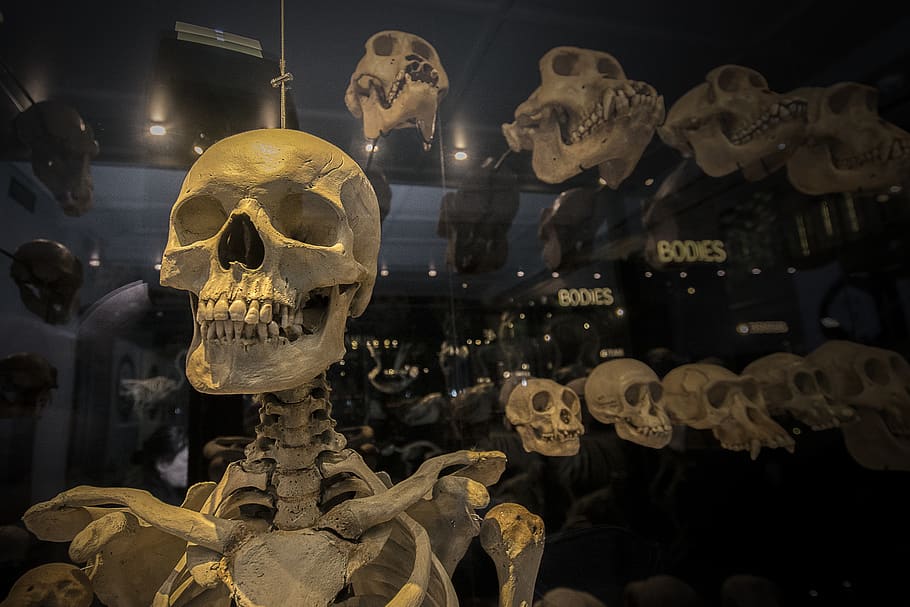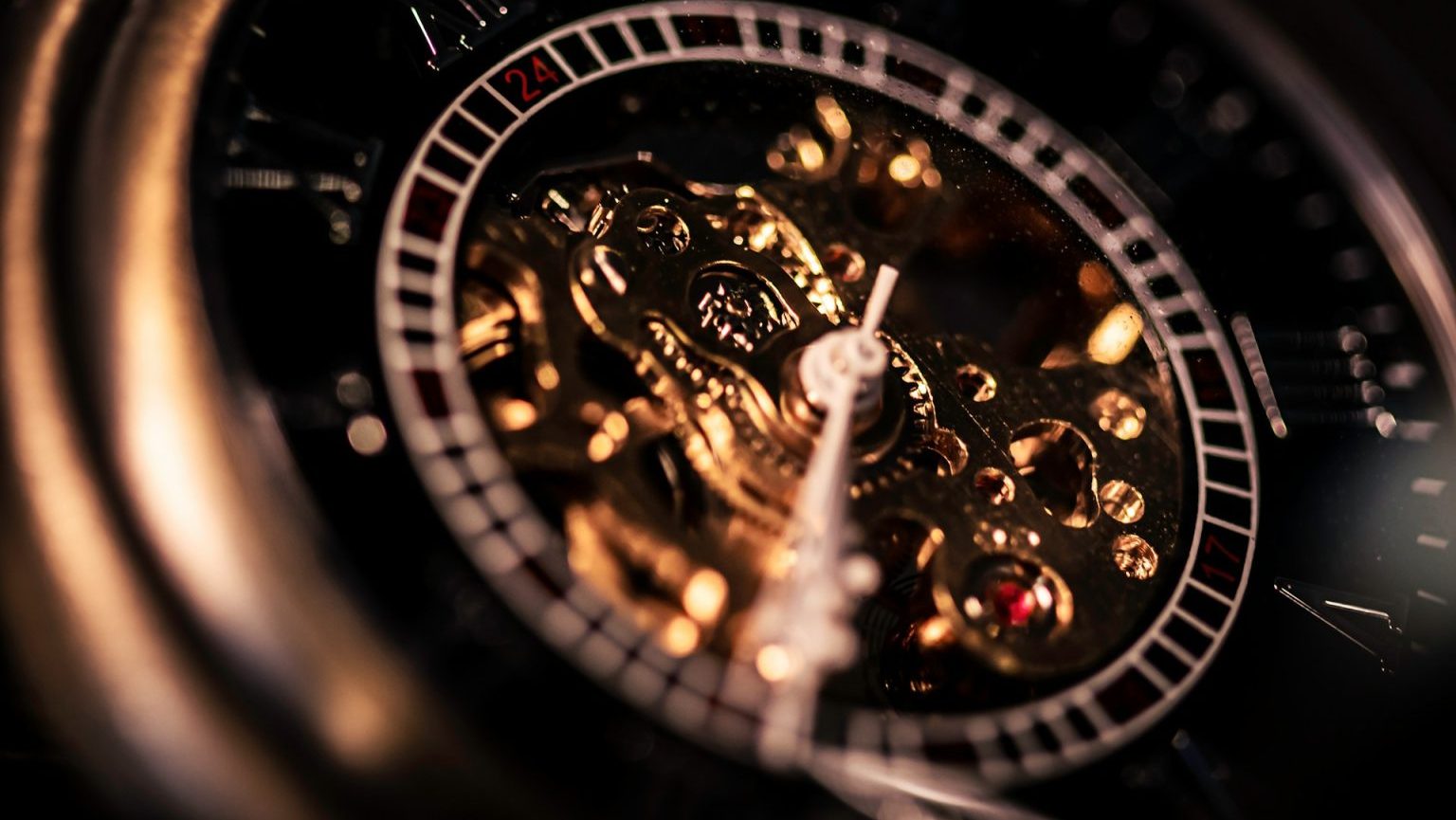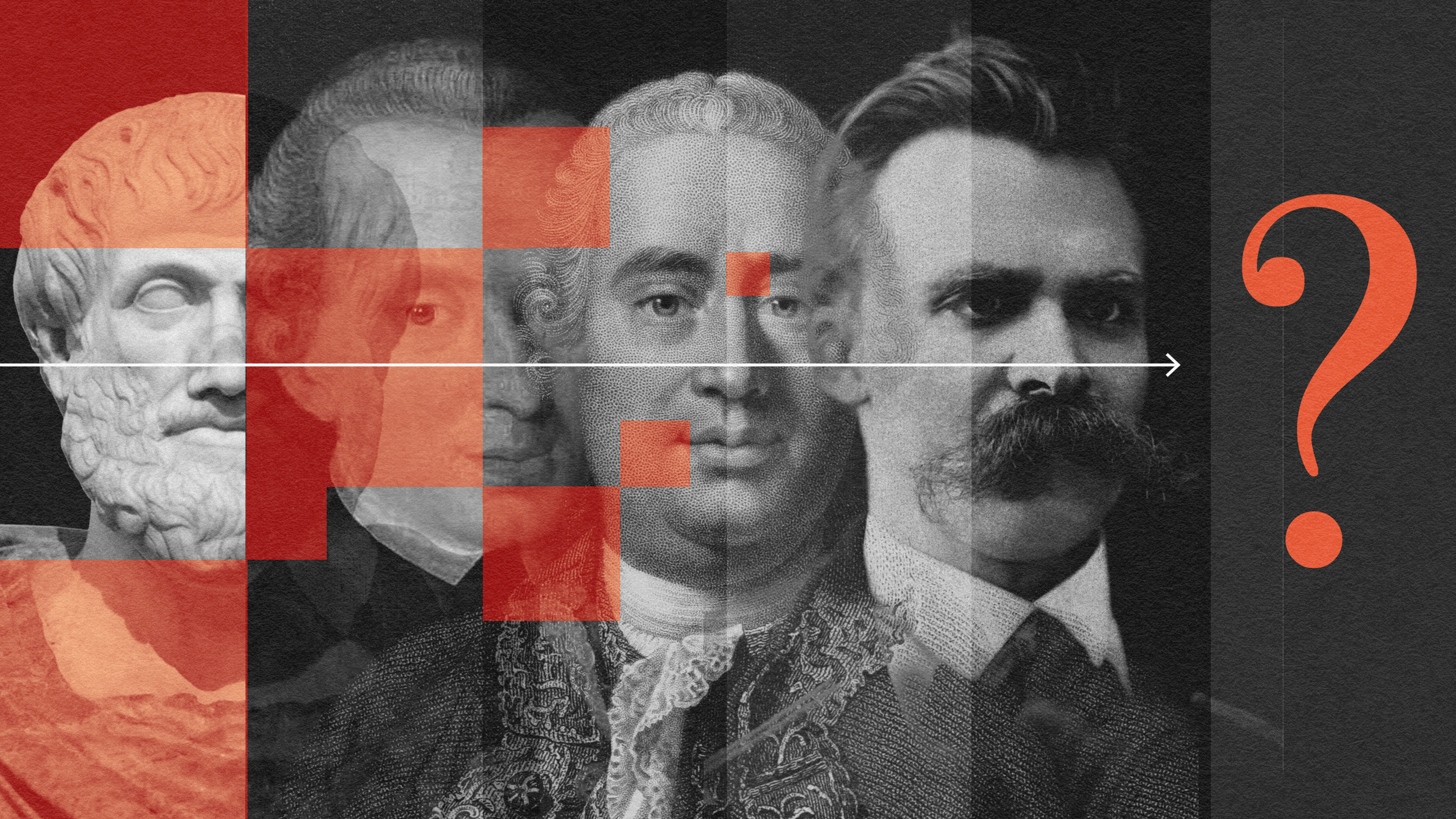How Evolution Explains the Emergence of Freewill in Humans

What’s the Latest Development?
Much of today’s debate over freewill hinges on a couple semantic distinctions concerning the nature of causality, according to eminent social psychologist Roy F. Baumeister. This is unfortunate because while philosophers may be much confounded by freewill, it forms an essential part of our scientific worldview. “Free will is just another kind of cause. The causal process by which a person decides whether to marry is simply different from the processes that cause balls to roll downhill, ice to melt in the hot sun, a magnet to attract nails, or a stock price to rise and fall.”
What’s the Big Idea?
The emergence of freewill in the human species is a result of evolution, not a brute fact. Highlighting a common misconception about freewill, which states that it is the ability to do whatever you’d like, demonstrates that the emergence of human culture requires us to exercise our freewill by obeying cultural norms. “The simple brain acts whenever something triggers a response: A hungry creature sees food and eats it. The most recently evolved parts of the human brain have an extensive mechanism for overriding those impulses… Self-control furnishes the possibility of acting from rational principles rather than acting on impulse.”
Photo credit: Shutterstock.com





